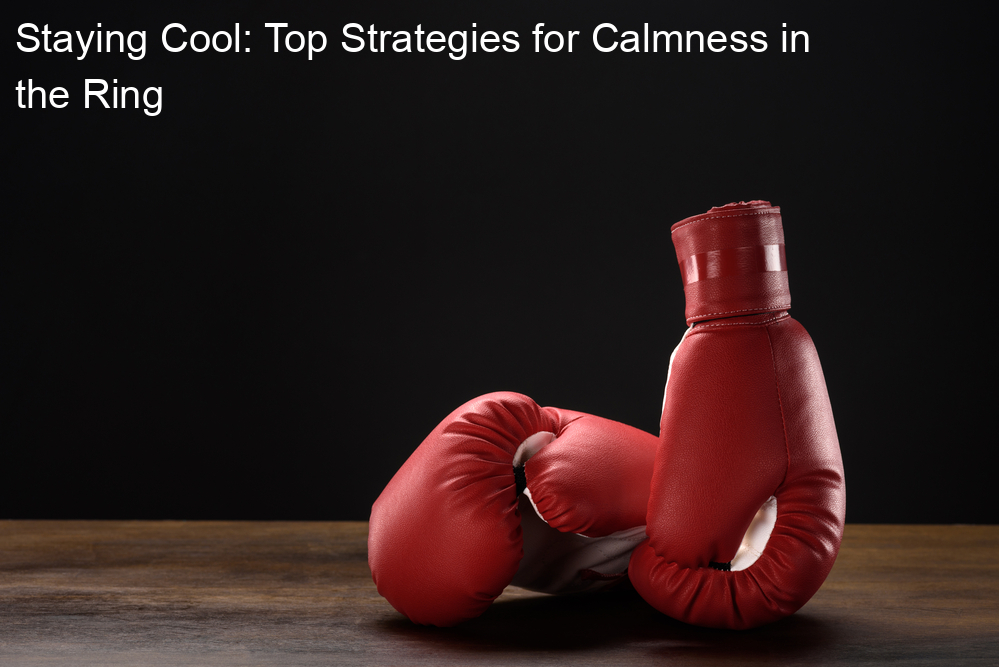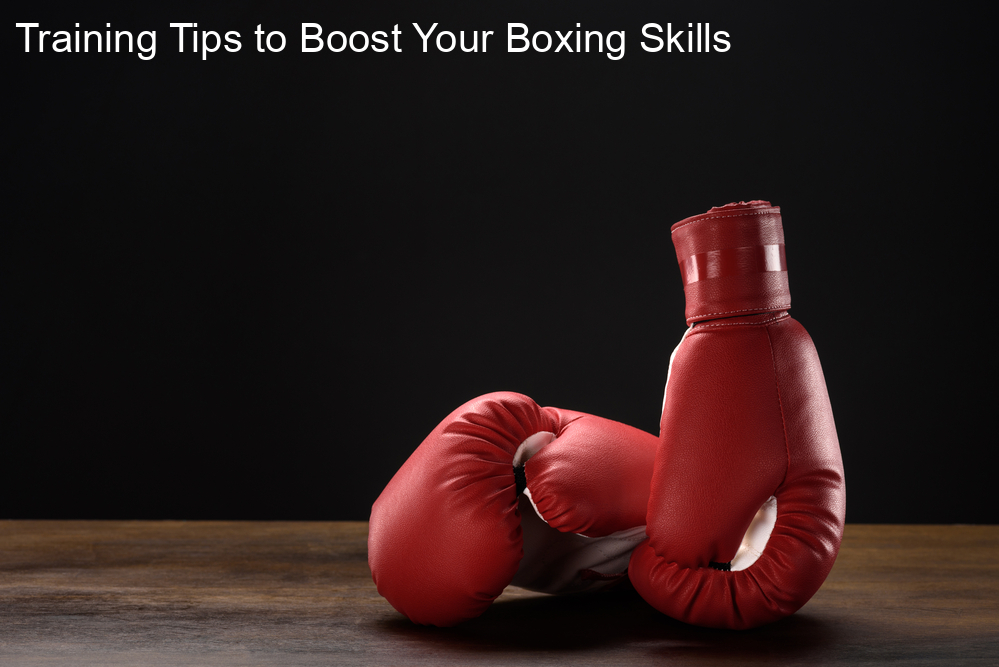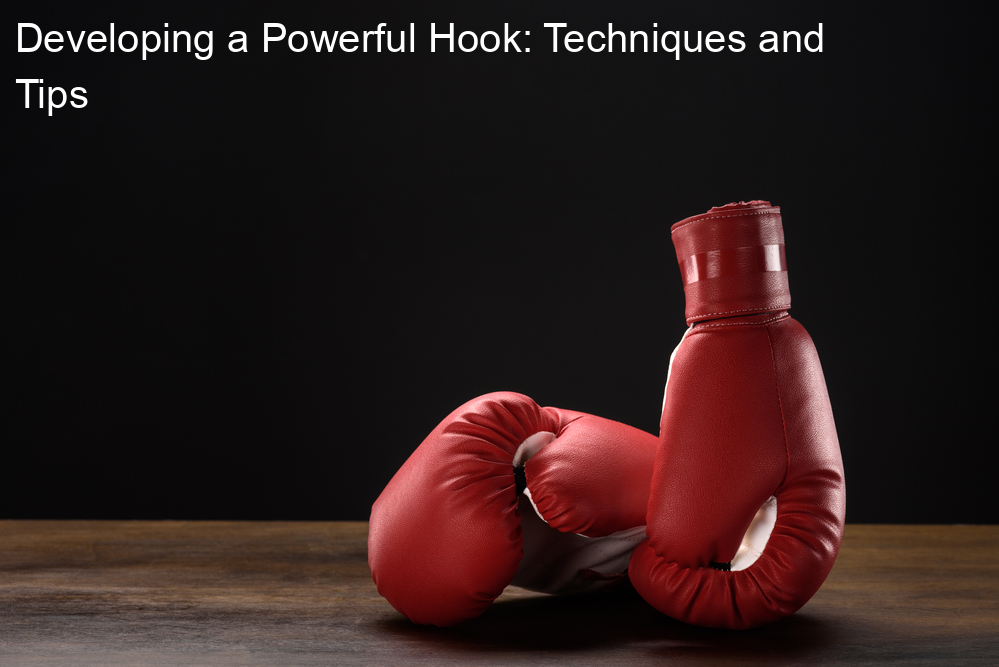
Introduction: The Importance of Staying Calm Under Pressure in the Ring
Boxing is not just about physical strength. It’s also about staying calm and focused. When boxers step into the ring, they face a lot of pressure. How they handle this pressure can make a big difference in their performance.
- The role of mental toughness in boxing: Mental toughness is crucial in boxing. It helps fighters stay focused and make smart decisions. A boxer with strong mental toughness can keep going, even when things get tough. This can be the difference between winning and losing.
- Understanding the impact of stress on performance: Stress can affect how well a boxer performs. When a boxer is stressed, they might make mistakes or get tired more quickly. Learning to manage stress can help boxers stay sharp and perform their best.
Staying calm under pressure is a key skill for any boxer. It helps them stay in control and perform at their best. In the following sections, we will explore strategies for managing stress, maintaining focus, and more.
Strategies for Managing Stress in Boxing
Physical Techniques for Staying Composed During a Fight
- Deep breathing exercises: Deep breathing helps calm your mind and body. Take slow, deep breaths in through your nose and out through your mouth. This can lower your heart rate and reduce stress. Many boxers use this technique between rounds to stay focused.
- Progressive muscle relaxation: This involves tensing and then relaxing different muscle groups. Start from your toes and work your way up to your head. This can help release tension and make you feel more relaxed during a fight.
- Regular physical conditioning: Being in good physical shape can reduce stress. Regular training helps your body handle the physical demands of boxing. It also boosts your confidence, knowing you are well-prepared for the match.
| Technique | Benefit |
|---|---|
| Deep breathing exercises | Reduces heart rate and stress |
| Progressive muscle relaxation | Releases muscle tension |
| Regular physical conditioning | Boosts confidence and physical readiness |
Psychological Strategies for Boxers
- Mental imagery and visualizationMental imagery and visualization are powerful tools for boxers. By picturing themselves in the ring, athletes can practice their moves and strategies without physical exertion. This technique helps improve focus and performance. For example, Muhammad Ali often visualized his fights, which contributed to his success.
- Positive self-talkPositive self-talk involves encouraging oneself with uplifting words and phrases. This strategy boosts confidence and reduces anxiety. A boxer might say, “I am strong and capable,” to stay motivated. Studies show that athletes who use positive self-talk perform better under pressure.
- Goal setting and achievementSetting clear, achievable goals is crucial for boxers. Goals give direction and purpose. Breaking down big goals into smaller steps makes them easier to achieve. For instance, a boxer might set a goal to improve their jab by practicing it 100 times a day. Achieving these small goals builds confidence and leads to bigger successes.
| Strategy | Benefit | Example |
|---|---|---|
| Mental imagery and visualization | Improves focus and performance | Muhammad Ali visualizing his fights |
| Positive self-talk | Boosts confidence and reduces anxiety | Saying “I am strong and capable” |
| Goal setting and achievement | Provides direction and builds confidence | Practicing a jab 100 times a day |
Maintaining Focus in the Ring
Overcoming Distractions
- Techniques for staying presentStaying present in the ring is crucial. One way to do this is by focusing on your breathing. Take deep breaths to calm your mind. Another technique is to use positive self-talk. Tell yourself, “I can do this” or “Stay focused.”
Visualization is also helpful. Picture yourself succeeding in the ring. This can boost your confidence and keep your mind on the task.
- Managing external distractionsExternal distractions can come from the crowd, your opponent, or even the environment. To manage these, practice in different settings. This helps you get used to various noises and sights.
Another tip is to create a mental “bubble.” Imagine you are in a bubble where only you and your opponent exist. This can help block out distractions.
Lastly, focus on your coach’s voice. They can guide you and keep you on track.
| Technique | Benefit |
|---|---|
| Deep Breathing | Calms the mind |
| Positive Self-Talk | Boosts confidence |
| Visualization | Improves focus |
| Practice in Different Settings | Reduces sensitivity to distractions |
| Mental “Bubble” | Blocks out distractions |
| Focus on Coach’s Voice | Keeps you on track |
Building Mental Resilience
-
- Developing a Growth Mindset
A growth mindset means believing you can improve with effort. Boxers with this mindset see failures as chances to learn. For example, if you lose a match, think about what you can do better next time. Famous boxer Muhammad Ali once said, “I never lose. I either win or learn.” This attitude helps you stay positive and keep improving.
-
- Embracing Challenges and Setbacks
Challenges and setbacks are part of boxing. Embracing them makes you stronger. When you face a tough opponent or get injured, use it as a chance to grow. Studies show that athletes who see challenges as opportunities perform better. Remember, every setback is a setup for a comeback.
| Key Insight | Details |
|---|---|
| Growth Mindset | Believe in improvement through effort. Learn from failures. |
| Embrace Setbacks | Use challenges to grow stronger. See setbacks as opportunities. |
Overcoming Anxiety in Competitive Sports
Understanding and Managing Performance Anxiety
- Recognizing symptoms of anxietyPerformance anxiety can show up in many ways. You might feel your heart racing or have sweaty palms. Some people get a stomachache or feel dizzy. It’s important to know these signs so you can take action.
- Implementing coping strategiesOnce you know the symptoms, you can use strategies to cope. Deep breathing is a great way to calm down. Try taking slow, deep breaths in and out. Another method is visualization. Picture yourself doing well in your sport. This can help you feel more confident.
Here are some key strategies:
Strategy Description Deep Breathing Take slow, deep breaths to calm your mind and body. Visualization Imagine yourself succeeding to boost your confidence. Positive Self-Talk Say encouraging words to yourself to stay positive. Keep in mind, even top athletes feel anxious sometimes. Boxer Muhammad Ali once said, “It’s the repetition of affirmations that leads to belief. And once that belief becomes a deep conviction, things begin to happen.” Use these strategies to manage your anxiety and perform your best.
Case Study: Successful Boxers Who Overcame Anxiety
- Boxer A’s StoryBoxer A, a world champion, struggled with anxiety before big matches. He felt nervous and had trouble sleeping. But he didn’t give up. He talked to a sports psychologist who taught him breathing exercises. These exercises helped him stay calm. Boxer A also practiced visualization. He imagined winning the match. This made him feel more confident. With these strategies, Boxer A overcame his anxiety and won many titles.
- Boxer B’s StoryBoxer B faced anxiety during his early career. He often felt his heart race and his hands shake. To manage this, Boxer B started a routine. He would meditate for 10 minutes every day. Meditation helped him clear his mind. Boxer B also kept a journal. Writing down his thoughts made him feel better. Over time, his anxiety lessened. Boxer B went on to become a successful boxer, proving that anxiety can be managed with the right tools.
Mental Preparation for Boxing Matches
Pre-Fight Routines
Preparing mentally for a boxing match is just as important as physical training. A good pre-fight routine can help boxers stay calm and focused.
- Establishing a consistent routine: Having a set routine before each fight helps boxers get into the right mindset. This can include specific warm-up exercises, mental visualization, and breathing techniques.
- Examples of effective pre-fight routines:
| Boxer | Pre-Fight Routine |
|---|---|
| Muhammad Ali | Ali used to meditate and visualize his victory. He also had a specific warm-up routine that included shadow boxing. |
| Mike Tyson | Tyson listened to calming music and focused on deep breathing exercises to stay relaxed before a match. |
| Floyd Mayweather | Mayweather’s routine included stretching, light jogging, and mental visualization of his strategies. |
These routines help boxers stay focused and reduce anxiety. By following a consistent pre-fight routine, boxers can improve their mental readiness and perform better in the ring.
The Role of Coaches and Sports Psychologists
- How coaches can support mental preparationCoaches play a big role in helping boxers get ready mentally. They teach boxers how to stay calm and focused. Coaches can also help set up routines that make boxers feel more confident.
For example, a coach might help a boxer practice breathing exercises. This can help the boxer stay relaxed before a match. Coaches also give pep talks to boost the boxer’s confidence.
According to a study, athletes who have strong support from their coaches perform better under pressure. This shows how important coaches are for mental preparation.
- The benefits of working with a sports psychologistSports psychologists are experts who help athletes with their mental game. They teach boxers how to handle stress and anxiety. This can make a big difference in how well a boxer performs.
One benefit of working with a sports psychologist is learning mental techniques. These techniques can help boxers stay focused and calm during a match. For example, visualization is a technique where boxers imagine themselves winning. This can boost their confidence.
Another benefit is learning how to set goals. Sports psychologists help boxers set clear and achievable goals. This can make training more effective and keep boxers motivated.
Studies show that athletes who work with sports psychologists often perform better. This proves how valuable these experts can be.
| Role | Benefits |
|---|---|
| Coaches | Support mental preparation, teach relaxation techniques, boost confidence |
| Sports Psychologists | Teach mental techniques, help handle stress, set goals |
Staying Relaxed Under Pressure in Combat Sports
Emotional Control for Fighters
- Techniques for managing emotions in the ringStaying calm during a fight is crucial. Here are some techniques fighters use:
- Deep Breathing: Taking slow, deep breaths helps to calm the mind and body.
- Visualization: Imagining a successful fight can boost confidence and reduce anxiety.
- Positive Self-Talk: Encouraging yourself with positive words can keep negative thoughts at bay.
These techniques can help fighters stay focused and perform better.
- Understanding the impact of emotions on performanceEmotions play a big role in how well a fighter performs. Here are some key points:
Emotion Impact Anger Can increase aggression but may lead to mistakes. Fear Can cause hesitation and poor decision-making. Confidence Boosts performance and decision-making skills. Understanding these impacts can help fighters manage their emotions better.
Key Takeaways: Staying Cool in the Ring
- Recap of strategies for calmness and focus:Staying calm in the ring is crucial for any fighter. Here are some key strategies:
- Breathing Techniques: Deep, controlled breaths help manage stress.
- Mental Visualization: Picture your success to boost confidence.
- Routine Practice: Regular training builds muscle memory and reduces anxiety.
- Next steps for implementing these strategies:Now that you know the strategies, here’s how to put them into action:
- Daily Practice: Incorporate breathing exercises into your daily routine.
- Visualization Sessions: Spend a few minutes each day visualizing your performance.
- Consistent Training: Stick to a regular training schedule to build confidence and skill.





